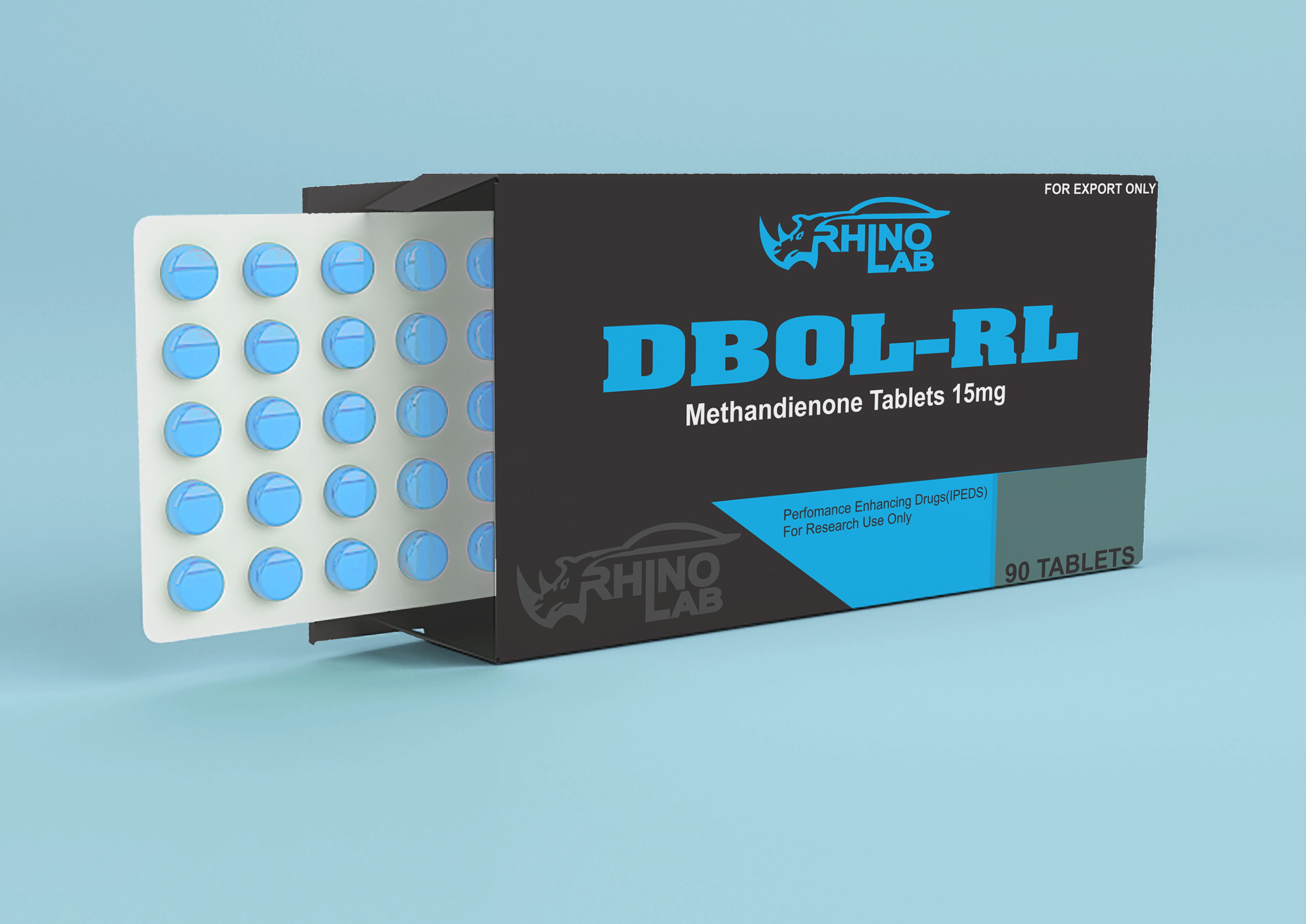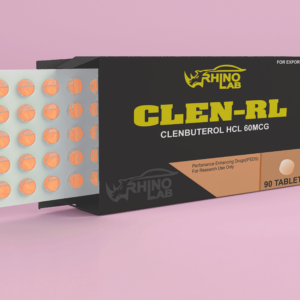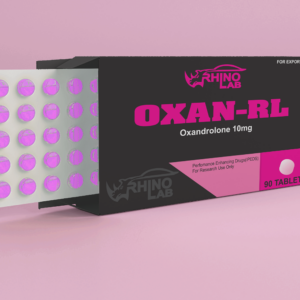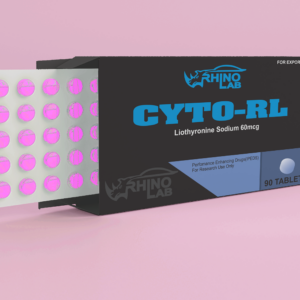Dianabol is an orally active synthetic derivative of testosterone, classified as an anabolic steroid. It’s modified with a methyl group at the 17th carbon position to allow for oral administration. Dianabol was originally developed for medical use, primarily in the treatment of hypogonadism, muscle wasting diseases, and osteoporosis. However, its medical use has largely been discontinued due to the availability of safer alternatives. Dianabol is typically taken orally in the form of tablets. The dosage and administration regimen may vary depending on individual goals, experience level, and tolerance.
Key Features:
- Muscle Growth: Dianabol is highly anabolic, meaning it promotes muscle protein synthesis and nitrogen retention in the muscles, leading to significant muscle mass and strength gains.
- Rapid Effects: Dianabol is known for its rapid onset of action, with users often reporting noticeable gains in muscle size and strength within the first few weeks of use.
- Increased Strength: Dianabol can lead to substantial increases in strength and power, allowing users to lift heavier weights and perform more intense workouts.
- Water Retention: Dianabol is notorious for causing significant water retention, which can lead to a bloated appearance, particularly in higher doses or with prolonged use.
- Estrogenic Effects: Dianabol can aromatize (convert to estrogen) in the body, leading to estrogenic side effects such as gynecomastia (development of breast tissue in males), water retention, and increased risk of cardiovascular issues.
- Liver Toxicity: Dianabol is hepatotoxic, meaning it can cause liver damage when used for extended periods or at high doses. It’s essential to use liver support supplements and to monitor liver function during Dianabol use.
- Regulation: Dianabol is a controlled substance in many countries due to its potential for misuse and abuse. Its use should be closely monitored by healthcare professionals to prevent adverse effects and legal implications.






Reviews
There are no reviews yet.